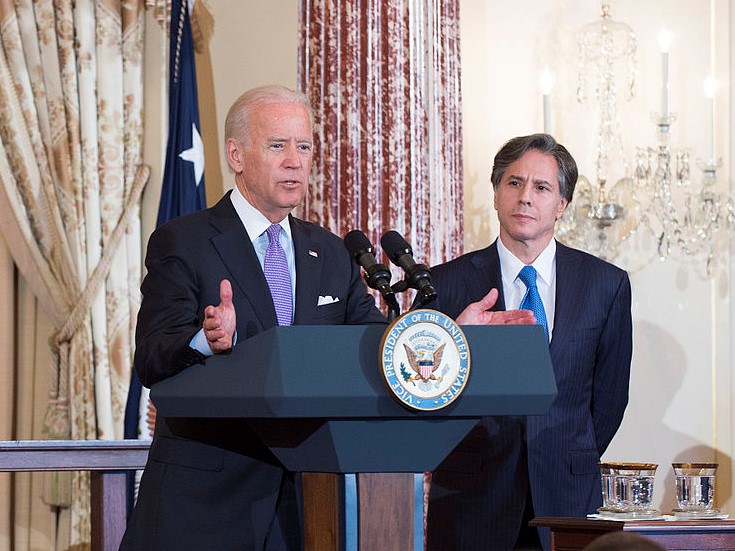12/02/2020 Washington, D.C. (International Christian Concern) – Last month, Egyptian authorities arrested three employees of the Egyptian Initiative for Personal Rights (EIPR), a leading domestic human rights group. Meanwhile in Turkey, military support of Azerbaijan in the Nagorno-Karabakh conflict has perpetuated anti-Armenian sentiment against Armenian Christians living in Turkey, causing many to feel unsafe.
Though both of these American allies have infringed upon human rights domestically with little pushback from the Trump Administration, the inauguration of President-elect Joe Biden in January may be a turning point for these alliances.
Throughout the campaign, Biden has repeatedly signaled that he will be taking a different approach from Trump towards America’s allies in the Middle East. For example, the Biden campaign specifically called out the US-Saudi Arabia relationship in a statement on the anniversary of the murder of Jamal Khashoggi, a Saudi journalist who had been a known dissident to the Crown Prince Mohammed bin Salman.
“Under a Biden-Harris administration, we will reassess our relationship with the Kingdom, end U.S. support for Saudi Arabia’s war in Yemen, and make sure America does not check its values at the door to sell arms or buy oil,” reads the statement. “America’s commitment to democratic values and human rights will be a priority, even with our closest security partners.”
Although this statement was made specifically on Saudi Arabia, Egypt and Turkey also ought not to take this statement lightly.
Egypt, led by President Abdel Fatah al-Sissi, a man President Trump has referred to as his “favorite dictator,” is set to see a sharp turn in its American bilateral relations. Antony Blinken, a former member of the Obama State Department and Biden’s nominee for Secretary of State, condemned the arrests of the EIPR employees, reasserting that “peacefully advocating for human rights” is not a crime. As a country with a record of suppressing the rights of its Coptic Christians, Egypt may begin to see a new attitude from a State Department headed by Blinken.
Additionally, Turkey, a NATO ally, has already experienced some pushback in its arms deals with the United States. Last year, the U.S. removed Turkey from the multilateral F-35 fighter jet exchange program after the country purchased a missile defense system from Russia. U.S. policymakers justified the decision, citing their concern that the technology used in the F-35s, an aircraft utilized by the U.S. Air Force, would be leaked to Moscow.
This pressure on the Turkish alliance seems as though it will only increase for the next four years. Biden already has a close relationship with the Orthodox Church in Turkey, and has already called on Turkish President Recep Tayyip Erdogan to reverse his decision to convert the Hagia Sophia into a mosque.
Though the Trump Administration has continually pressured U.S. opponents like Iran and China on their abuses of religious freedom, a Biden Administration is set to give a voice to the victims of persecution living in our Middle Eastern allies as well.



